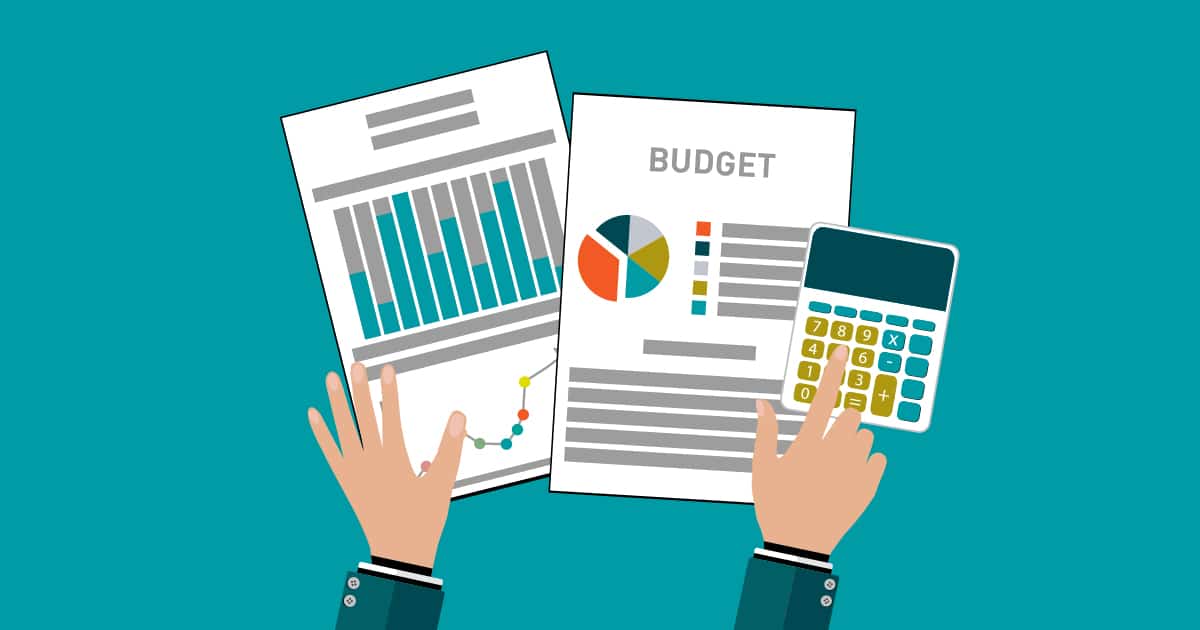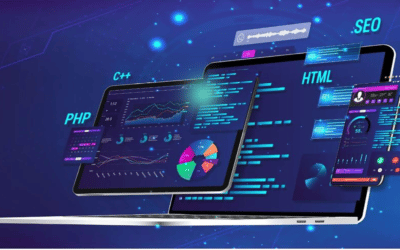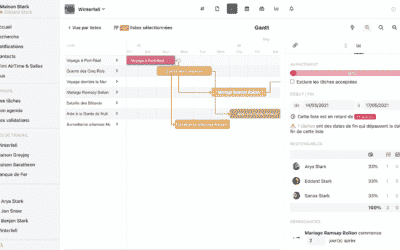Digital technology has completely changed our lives, both in our private and professional lives. Smartphones, computers and tablets have become essential tools for consuming, interacting with others, and working, but this requires a certain budget.
In the workplace, multiple applications, software and other collaboration platforms have changed the way people work and allow them to be more efficient and productive every day. Today, the way organisations work has evolved and almost all data is processed and stored digitally. Work documents, invoices, expense reports, etc. are created and completed digitally, leaving paper and pens in the drawers.
The majority of companies have already made their digital transformation, but for those who have not yet gone all-digital, one question may hold them back: how much does it cost to digitalise their organisation?
What is digital transformation?
For a company, digital transformation consists of changing its organisation, its functioning, its culture, its strategy and its working methods to integrate new digital technologies. To do this, the company must adopt various digital tools to improve the employee experience, the customer experience and its profitability.
Digital transformation involves the dematerialisation of documents, the implementation of electronic signatures, the use of various applications and software to promote collaboration and facilitate communication within teams. Among the most commonly used professional digital tools today are:
- instant messaging,
- a video conferencing system,
- CRM (Customer Relationship Management),
- project management software,
- a content management tool,
- an online storage tool,
- human resources management tools (recruitment, payroll, leave, etc.),
- the corporate social network.
Today, digital transformation has become imperative for all companies, whatever their sector of activity, so that they can continue to exist in a sustainable manner, attract new customers and grow.
To succeed in your digitalization, find out what budget you need to set aside.
How much does digital transformation cost?
It is difficult to give a precise figure when it comes to the cost of digital transformation because, as with many things, it will depend on your needs, your requirements, your choices and the quality you want. Your budget will change depending on if you are starting from scratch or if you have already started to digitise.
Here are the things you need to consider when digitising your organisation, and an idea of the budget you will need to spend.
Acquire the necessary digital equipment and tools
To start with, you’ll probably need to acquire some new, high-performance IT equipment. This includes :
- desktops (between €400 and €1500 each)
- Laptops (between €800 and €1000 for a mid-range device)
- basic accessories (speakers, cables, etc.),
- multifunction printers (between €150 and €900 each),
- smartphones (between €400 and €1000 each),
- possibly tablets (between €350 and €800 per unit),
To avoid unnecessary expenses, don’t forget to define your needs beforehand.
You can also rent computer equipment instead of buying it. Thereofre, you can renew thm easily when they become obsolete.
For software, rather than buying a licence, you can opt for SaaS (Software as a Service). This is a monthly subscription that includes various services in addition to the use of the software, such as maintenance, support, backup management, etc.
In general, according to Manaps, the average IT budget for French companies represents between 2 and 4% of turnover, with a maximum of 9% for financial services companies (banks, insurance companies, etc.).
Data migration
During the digital transformation of your company, it is essential to digitise your data and transfer it to your devices, software and/or storage spaces. This is called data migration. This must be done meticulously to avoid any leakage, loss, hacking or virus infiltration.
The migration of your data can be carried out by a another company or via specialised software (such as Microsoft Azure Data Box or Acronis). For companies, ask for a quote whereas for software, the price is usually calculated upon request.
Provide maintenance, support and assistance
When transforming your company, it is important to budget for the maintenance of IT equipment, but also for support and assistance for your employees in the event of technical problems or breakdowns on a device or software.
Perhaps you have your own IT department with in-house technicians to handle repairs, employee guidance and support, and software updates. If so, that’s fine.
But if not, companies like Itaia or Computerland can provide you with these services. The best thing to do is to ask them directly for a quote based on your needs.
Training employees in the new tools
Training is an essential part of an organisation’s digital transformation. It should therefore not be neglected. Many employees are likely to oppose the digitalisation of their job because they may fear change or fear they cannot use the new equipment. It is therefore imperative to train them in the new tools and practices that have been put in place. The aim is for them to acquire the necessary skills, to feel reassured and confident and to continue to be productive on a daily basis. You should also train new employees who join the company.
It is difficult to give a precise estimate of the cost of training because it must be calculated according to several criteria such as the type of training, the content and duration of the training, the skills of the trainer, the number of employees to be trained, the level of qualification of the employees, etc. You also need to think about ancillary costs such as the training venue, transport, meals and possibly accommodation.
Finally, you should know that there are a number of ways of financing your employees’ training, such as the CPF (personal training account) or tax credits.
Need help with your digital transformation? Find out how to make a success of your digital transformation and be inspired by these three examples of successful digital transformations.









